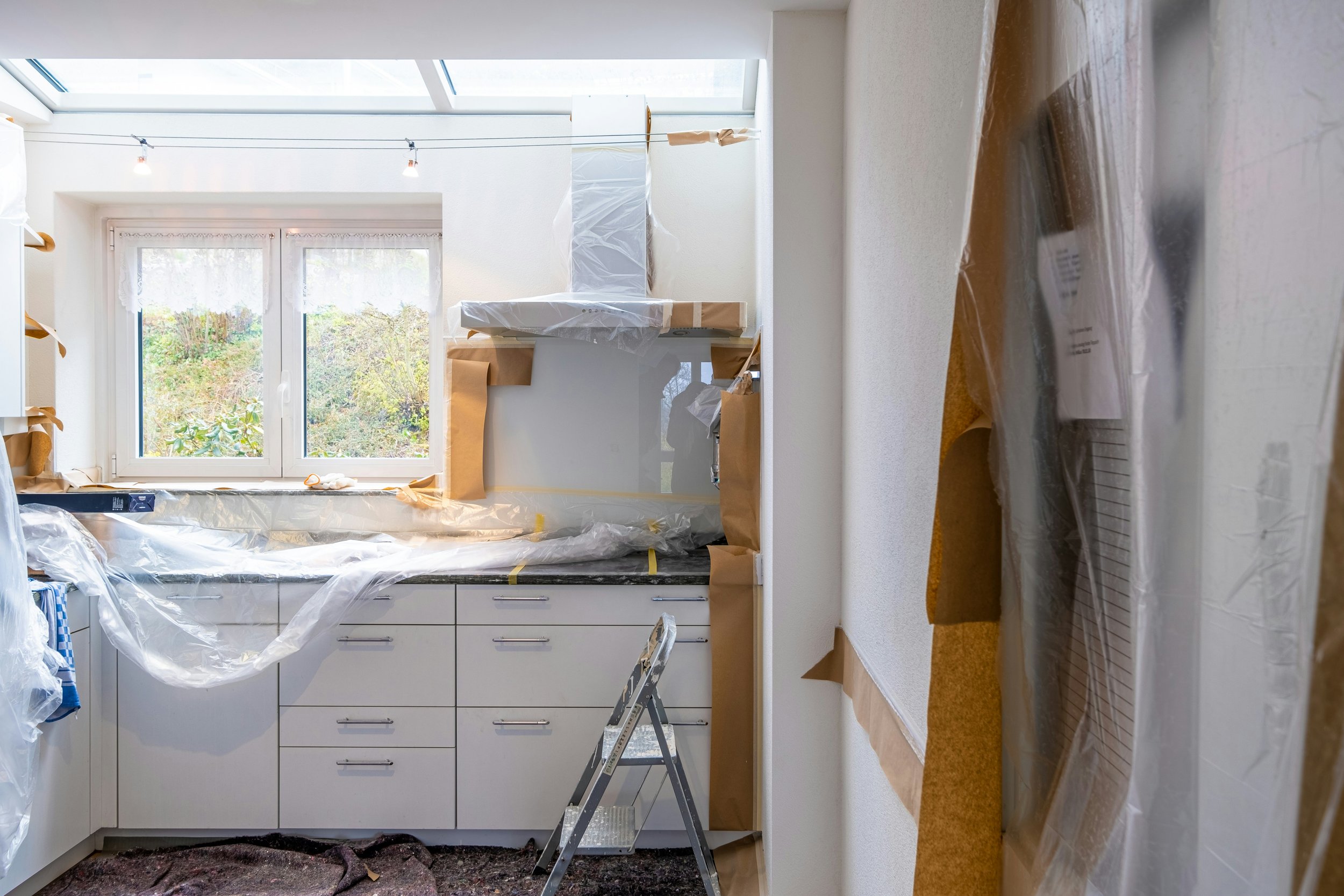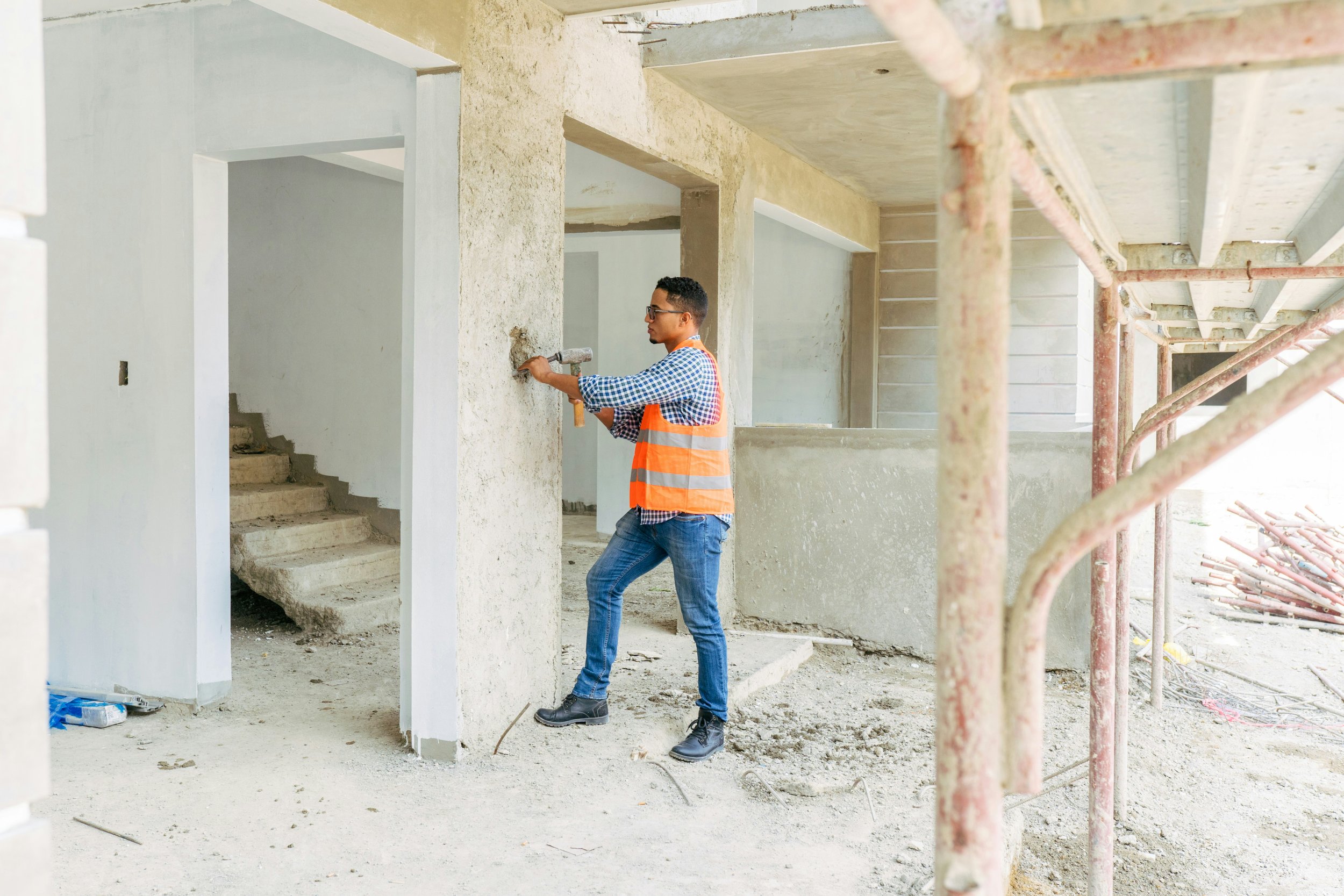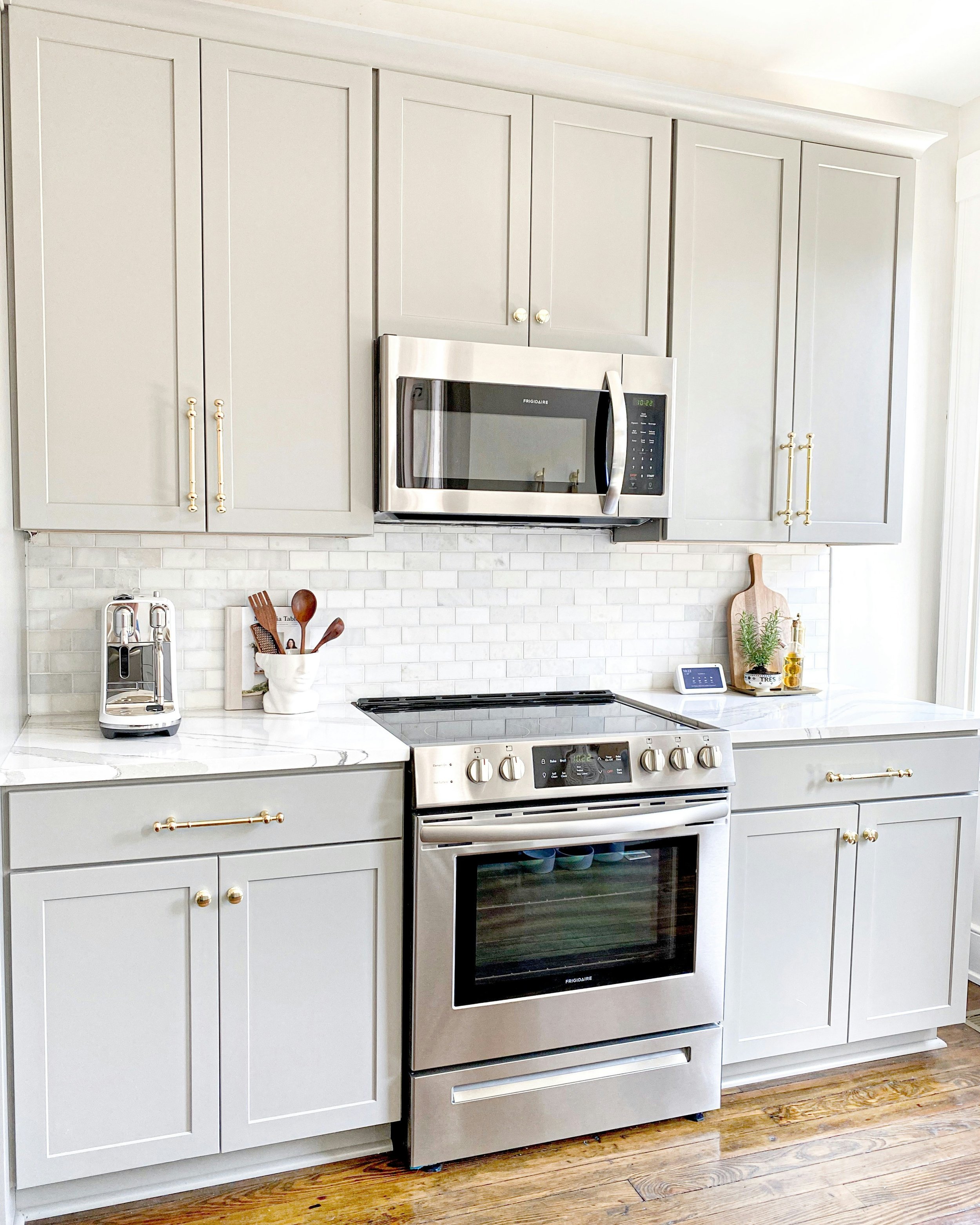Avoid These Common Renovation Mistakes for a Stress-Free Project
Renovating your home can be an exciting journey, but it's also fraught with potential pitfalls. Whether you're tackling a kitchen overhaul or giving your bathroom a facelift, avoiding common renovation mistakes is crucial to ensure a smooth and successful project.
Renovating your home can be an exciting journey, but it's also fraught with potential pitfalls. Whether you're tackling a kitchen overhaul or giving your bathroom a facelift, avoiding common renovation mistakes is crucial to ensure a smooth and successful project. Here’s a comprehensive guide to help you navigate through the biggest renovation blunders and come out on top.
1. Skipping the Planning Phase
One of the most critical mistakes homeowners make is diving into renovations without a solid plan. Planning lays the foundation for a successful project:
Create a Detailed Budget: Outline how much you can afford to spend on the renovation, including a contingency fund for unexpected expenses. Research the average costs of materials, labor, and permits in your area to ensure your budget is realistic.
Design Inspiration: Collect ideas and create a vision board to communicate your style preferences to contractors. Use platforms like Pinterest or Houzz to gather inspiration and create a cohesive look for your home.
Research Contractors: Take time to find reputable contractors or tradespeople. Check references and read reviews to ensure they're reliable and capable of delivering the quality of work you expect.
2. Underestimating the Timeline
Renovations often take longer than expected, leading to frustration and inconvenience. Factors like permit delays, unexpected structural issues, and weather can extend timelines:
Realistic Schedule: Discuss timelines with your contractor and factor in potential delays. While it's essential to have a timeline in mind, be prepared for unexpected delays that can arise during any renovation project.
Flexibility: Be prepared for disruptions and adjust your schedule accordingly. Consider setting up temporary living arrangements or planning alternative spaces for daily activities if major parts of your home will be under construction.
Temporary Living Arrangements: For extensive renovations, consider temporary living arrangements to minimize disruptions. This might involve renting an apartment or staying with family or friends until the project is completed.
3. Ignoring Permit Requirements
Permits are essential for many renovation projects, especially those involving structural changes or electrical work. Ignoring permit requirements can lead to fines or even having to undo completed work:
Research Local Regulations: Understand which permits are necessary for your project. Contact your local building department or visit their website to find out specific permit requirements for your area.
Obtain Permits Early: Apply for permits well in advance to avoid delays. Factor in the time it takes for permits to be processed and approved when planning your renovation timeline.
Work with Professionals: Contractors should handle permit applications as part of their service. Ensure that your contractor is aware of all necessary permits and inspections required for your renovation project.
4. Choosing Price Over Quality
Opting for the cheapest materials or contractors might seem cost-effective initially but can lead to poor-quality results and costly repairs down the line:
Quality Materials: Invest in durable materials that suit your lifestyle and aesthetic preferences. While it's tempting to cut costs on materials, investing in high-quality materials can save you money in the long run by reducing the need for repairs and replacements.
Vet Contractors Thoroughly: Balance cost with reputation and quality of workmanship. Obtain multiple quotes from contractors and compare their experience, qualifications, and references before making a decision.
Long-Term Value: Consider the longevity of materials and how they will hold up over time. Discuss material options with your contractor to find the best balance between cost and quality for your renovation project.
5. Overlooking Structural Issues
Ignoring underlying structural problems can jeopardize the integrity of your renovation and pose safety risks:
Pre-Renovation Inspection: Hire a professional to assess the condition of your home's structure. A structural engineer can identify any underlying issues that need to be addressed before renovations begin.
Address Issues Promptly: Fix any structural issues before starting cosmetic renovations. Structural repairs may require permits and inspections, so it's essential to address them early in the planning stages.
Consult Experts: Structural engineers can provide valuable insights and solutions for complex problems. They can also help you develop a plan to address structural issues while minimizing disruption to your renovation project.
6. DIY Beyond Your Skill Level
While DIY projects can save money, tackling complex renovations without the necessary skills and experience can lead to costly mistakes:
Assess Your Skills: Be realistic about what you can handle yourself. While some DIY projects are suitable for homeowners with basic skills, others may require specialized knowledge and expertise.
Consult Professionals: Hire experts for tasks that require specialized knowledge or equipment. Contractors and tradespeople have the skills and experience to complete renovations safely and efficiently.
Safety First: DIY safely by following instructions, wearing protective gear, and using proper tools. If you're unsure about a project's complexity or safety requirements, it's best to consult with a professional.
7. Neglecting to Communicate Effectively
Clear communication with your contractor and tradespeople is essential to ensure everyone is on the same page:
Regular Updates: Schedule regular meetings or calls with your contractor to discuss progress and concerns. Clear communication helps prevent misunderstandings and allows you to address issues promptly.
Document Everything: Keep records of agreements, changes, and payments in writing. Written documentation provides clarity and serves as a reference in case of disputes or misunderstandings.
Address Issues Promptly: Raise concerns as they arise to prevent misunderstandings. Effective communication fosters a positive working relationship with your contractor and ensures that your renovation project stays on track.
8. Overlooking the Importance of Lighting and Ventilation
Good lighting and ventilation can transform a space, but they're often overlooked during renovations:
Lighting Design: Plan adequate lighting for each room, considering natural and artificial sources. Lighting affects the ambiance and functionality of a space, so it's essential to consider both task lighting and ambient lighting options.
Ventilation Systems: Ensure proper ventilation to prevent moisture buildup and improve indoor air quality. Proper ventilation reduces the risk of mold and mildew growth, which can damage your home and affect your health.
Energy Efficiency: Choose energy-efficient lighting and ventilation solutions to reduce long-term costs. Energy-efficient fixtures and appliances can lower your utility bills and minimize your home's environmental impact.
9. Neglecting Future Maintenance Needs
Renovations should improve your home's functionality and aesthetics without creating maintenance headaches:
Low-Maintenance Materials: Choose materials that are easy to clean and maintain. Consider factors like durability, stain resistance, and ease of repair when selecting materials for your renovation project.
Educate Yourself: Learn about the maintenance requirements of new fixtures, appliances, and finishes. Understanding how to care for your renovated spaces can extend their lifespan and preserve their appearance.
Regular Inspections: Schedule periodic inspections to catch maintenance issues early. Regular maintenance helps prevent costly repairs and ensures that your renovated spaces continue to look and function their best.
10. Failing to Plan for Contingencies
Unexpected challenges are par for the course in renovations. Planning for contingencies can help you navigate unforeseen circumstances:
Contingency Fund: Set aside 10-20% of your budget for unexpected expenses. While you may hope for a smooth renovation process, unexpected challenges can arise that require additional funds.
Flexibility in Design: Be open to alternative solutions if initial plans hit roadblocks. Design revisions may be necessary to address unforeseen issues or comply with building codes and regulations.
Stay Calm: Approach challenges with a flexible mindset and trust your contractor's expertise. Renovations can be stressful, but maintaining a positive attitude and trusting your team can help you overcome obstacles and achieve your renovation goals.
Renovating your home can be a rewarding experience when approached with careful planning and realistic expectations. By avoiding these common mistakes and staying proactive throughout the process, you can ensure a successful renovation that enhances your home's value and your quality of life.
Remember, each home is unique, and so are its renovation needs. Take the time to understand your space, set achievable goals, and work closely with trusted professionals to bring your vision to life.
For more insights on home renovations and expert advice, visit Home CPR. Their resources can help you navigate the complexities of home improvement projects with confidence.
Happy renovating!
















